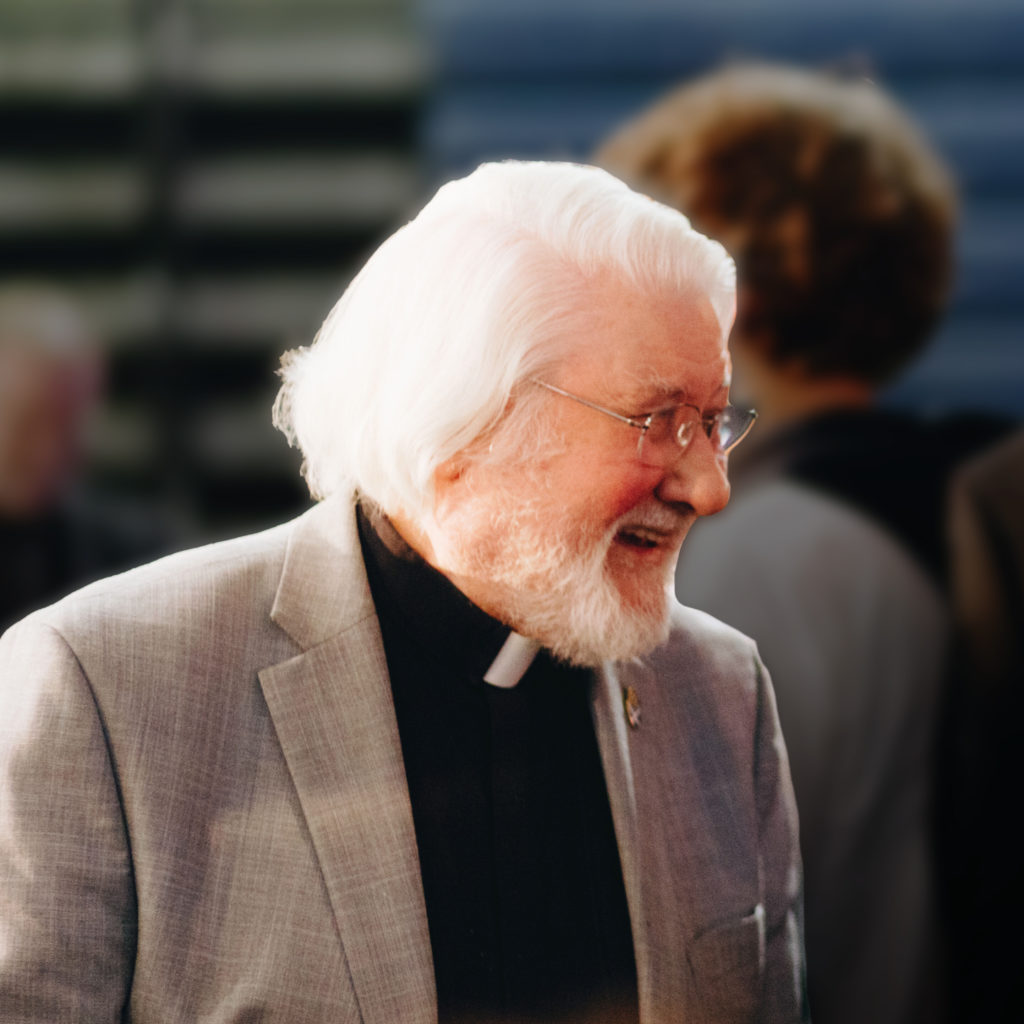Dear Friends and Colleagues,
The word ‘boundaries’ is used quite frequently in defining professional relationships. In my case, it occurs in the various codes of ethics to which, as a professional counselor, I have subscribed. This month, I would like to use it as a basis for discussing pastoral care both among colleagues and in the context of church and parish ministry.
A boundary is established to protect what is ‘inside’ and to exclude certain influences and forces that come from ‘outside.’ In the life of any community – be it relationship, family, business, church, country or any other collection of people – various kinds of boundaries are deliberately established or come into being as a result of necessity as that community begins to more clearly define itself. Sometimes these boundaries are exclusive for the wrong reasons – out of fear, protectionism, xenophobia or selfishness. Hopefully, when boundaries are established, it is for good reasons – to preserve integrity, trust, communal well-being and safety. In any case, where boundaries exist or should exist, one hopes that these are well considered and based upon sound relational principles.
Within the Christian community, each of us tries to live within an embrace of God’s love that empowers and frees us to develop a deep love for one another. This love calls for openness, unconditional acceptance, mutual regard, trust and a type of intimacy which reflects God’s presence in the relationship and the deep commitment that extends, ultimately, from sacrifice.
In light of such a powerful expression of love, it is difficult sometimes to discern where and why boundaries are important and necessary. Quite simply, the need for boundaries exists in order to preserve the distinction between love and many of its distortions – power, control, manipulation, advantage, impulse, desire and selfishness.
Boundaries exist to help us discern the differences between agape, phileo, storge and eros and to preserve the sanctity of whatever kind of relationship we are in and under what circumstances.
Perhaps one of the most complex relationships in the church community is that between priest and people. We are to be friends without exclusiveness or favoritism, we are to love without the distortions of power or advantage, we are to model God’s unconditional love without bias or preference, and we are to live with constant misunderstanding of motive and intent.
I believe that a thorough and deep understanding of where ‘I end and they begin’ is essential in preserving the sacred trust we have in our relationship with God’s people.
Within those boundaries, we have ‘a pleasant land.’
Blessings,
JOHN

